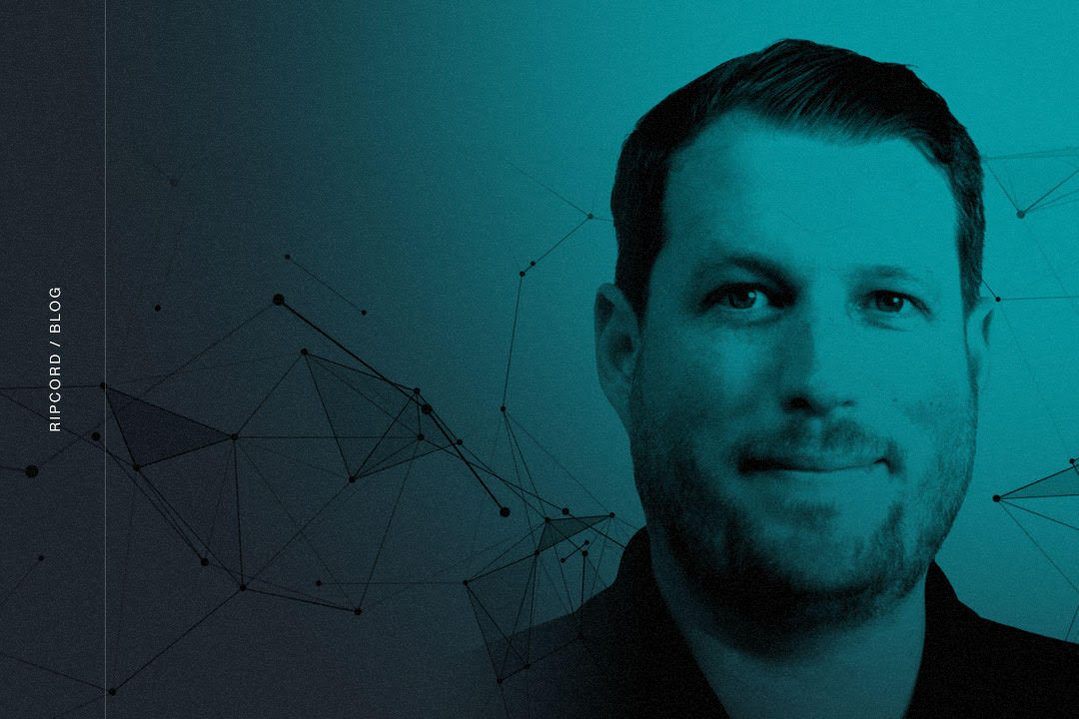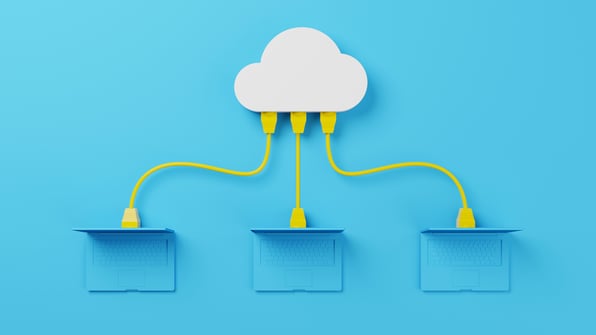
Ripcord Leadership Insights: Kevin Hall
Ripcord CTO and Co-Founder, Kevin Hall, got his start in robotics while studying mechanical engineering at Cal Poly San Luis Obispo. He says he chose that particular program because it had a mechatronics concentration that offered education in electrical, mechanical, and software fields, which are each critical in robotics.
In his third year at Cal Poly, Hall helped start a company with a professor and a few fellow students to build robotic ground systems for the military. Hall also participated actively in the Robotics Club and conducted research in Norway using unmanned underwater vehicles. All of this early work gave Hall an excellent start in his career in technology.
Developing Technology
Following college, Hall moved up to the Bay Area to work for Adept Technology, now Omron Adept, a company that sold industrial robots and ground vehicles to customers for use in machines and factories. Hall served as an applications engineer for Adept, where he focused primarily on high speed, vision-guided, pick-and-place systems.
“I became an expert on Adept’s robotic arms, primarily writing application software, developing machine vision tools, and tuning the systems for speed and accuracy,” Hall says.
He also “travelled around the U.S. and world to support installations in a variety of industries” that included food, mobile phones, and packaging. He worked on both the pre- and post-sales side of projects which allowed him to work with customers to learn their needs, develop strategic recommendations, and then support deployments.
Eventually Hall decided to leave Adept and start his own consulting business, Source Robotics. He “always had an entrepreneurial drive” and saw an opportunity to expand on his skillset in industrial robotics and explore new technologies in the space. His clients included some of the largest companies in the food industry, where he supported dozens of systems.
Providing Robotics for Ripcord
Source Robotics flourished for a few years, then Hall was introduced to Ripcord's other Co-Founder, Alex Fielding.
“When Alex was looking for a technical co-founder, I was lucky enough to get introduced, and the rest is history,” Hall said.
Fielding made Hall an offer to join him in building Ripcord, and Hall remembers that “within the first couple of weeks of working with Alex I was able to call in some favors, setup a camera and robot, and remove a staple. After that Alex was like, ‘Alright, you’re not leaving’,” Hall says with a laugh.
Hall admitted it didn’t take much convincing to get him on board with the Ripcord idea.
"When Alex first told me that billions of boxes of paper were sitting in warehouses around the world, I was shocked. It didn’t take long to realize that Ripcord’s mission to turn that paper in to data could potentially justify the need to build thousands of automated systems and a whole host of supporting software."
“As a bit of a robotics geek and technologist, this fascinated me. Very few companies actually have the opportunity to build that many robotic systems, especially for their own use. I realized that we were on to something big, and there were so many challenges to solve, which got me hooked.”
Hall had the chance to participate in the development of Ripcord’s technology from day one, and he says the progression included “a lot of prototyping and many late night deep dives, trying to solve the challenges associated with paper and unstructured content. We were moving super fast, and initially focused heavily on staple finding and removal. We worked out of a small office with a garage space, which was a fitting backdrop for our early start-up days.”
As the early engineering team started to fill in, and with additional funding, Ripcord built their first ‘Proof of Principle’ system, which tested core sub-system designs for staple recognition, staple removal, sheet transfer, and scanning.
“This was a pivotal moment of truth for our company, and a breakthrough, as each system worked as planned. From there, it was a sprint to refine these subsystems over the course of three additional machine generations," said Hall.
Once Ripcord completed their first production machine, they moved in to the production facility it inhabits today and have scaled to now operate dozens of systems.
Innovation for Document Processing
Hall has now spent over six years at Ripcord, and says it’s been “invigorating” to push the state of the art forward in the document imaging space. He believes there are “ample opportunities for further automation and improvement to existing systems”.
We want to be one of the companies that helps take the world paperless, and to do that we are continually innovating and looking to automate new content types that historically have been too slow or expensive to digitize.
“Additionally, we're hyper-focused on turning paper into data for our customers," said Hall. "To enable this, we're continuing to improve our ability to extract data from documents and connect this information in to critical lines of business systems for our customers.”
It's not secret that Hall’s extensive knowledge in robotics and other technologies has played a large role in driving Ripcord's competitive edge in the world of digitization and document intelligence. We're excited to see where he’ll help take Ripcord next!
/Ripcord%20Logo%20-%20Color%2011.png?width=2000&height=620&name=Ripcord%20Logo%20-%20Color%2011.png)



